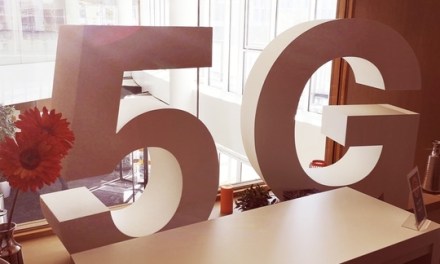News
The operator said removing Huawei technology from the UK’s 5G networks would be time consuming and costly
Huawei’s future role in UK infrastructure seems to be on thin ice.
After months of pressure from the US and from rebel backbenchers in his own party, rumours have been circulating that PM Boris Johnson is considering phasing Huawei out of UK networks entirely by 2023.
At the start of this week, in an effort to stem the tide, Huawei went on a charm offensive, releasing an open letter to the British public, proclaiming their commitment to boosting the UK’s connectivity and improving lives. Unfortunately for Huawei, a boost in public goodwill is unlikely to dramatically influence the politicians, particularly given the scale of the geopolitical battle that rages on between the Chinese company and the US – the latest wave of sanctions cuts off Huawei’s access to a huge portion of the global semiconductor supply chain and threatens to drastically reshape the chip ecosystem.
However, the UK’s major operators are voices worth listening to and yesterday Vodafone came out in support of Huawei, suggesting that to phase out their equipment entirely would be a costly endeavour and could cost the UK its leadership in 5G.
“The UK’s leadership in 5G will be lost if mobile operators are forced to spend time and money replacing existing equipment,” said Vodafone UK CTO Scott Petty. “Efforts should instead be focused on expanding 5G coverage, developing 5G capabilities for UK industry, and investing in the next stage of this important technology."
The exact cost for ripping and replacing the Huawei kit is up for debate. When Huawei equipment was limited to 35% by the government’s decision back in January, BT said that reaching this cap would cost them around £500 million, with a full ban presumably costing them even more. Other operators, including Vodafone, have voiced similar concerns, but some analysts suggest that fears over cost may be overblown; John Strand of Strand Consult points to other network swap cases in Europe, such as TDC Denmark, Telenor Norway, Telia Norway, and KPN Nederland, which have not resulted in an increased cost or delay.
Nonetheless, the disruption caused by a full phaseout would be significant and is something most of the major operators would rather avoid.
The UK has reportedly been exploring its options regarding alternative suppliers for 5G, potentially turning to South Korea’s Samsung.
On the surface, the UK’s decision over Huawei looks to be one of security versus cost, but the reality is much more complex. With the latest US sanctions against Huawei and China more generally, further restrictions on the company throughout the Western world could lead to a technological split between East and West.
“You end up with two separate ecosystems in cyberspace. The free world model or the Chinese surveillance model which can look very attractive to a lot of the developing world,” explained Marcus Willett, former deputy head of the government’s listening post GCHQ.
This, of course, is a worst-case scenario, but a schism in technology does seem increasingly likely if a middle ground cannot be found with the Chinese tech firms.
How have the latest sanctions against Huawei impacted the global telecoms supply chain? Find out from the experts in Total Telecom’s latest free webinar. Register here
Also in the news:















